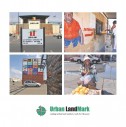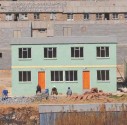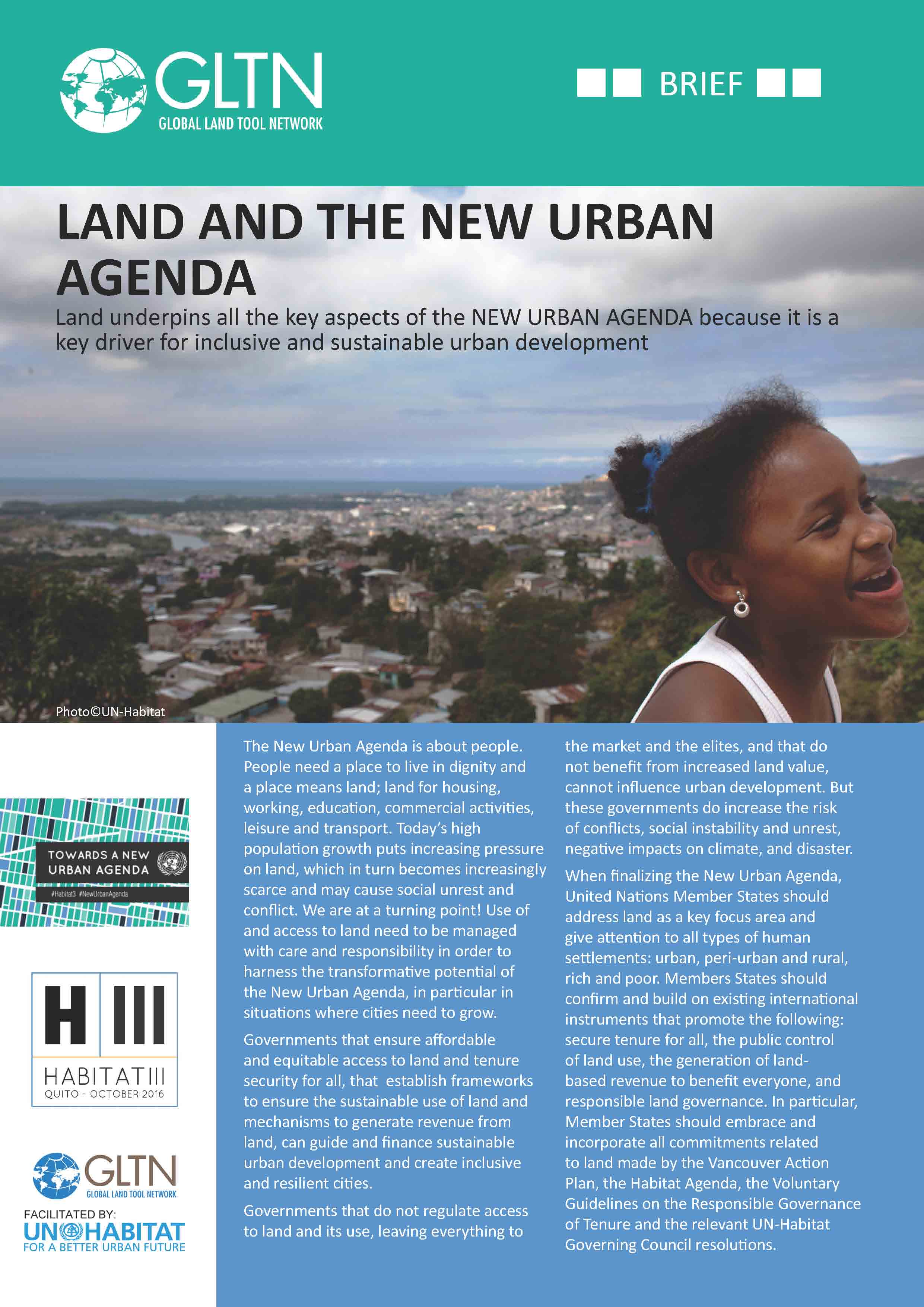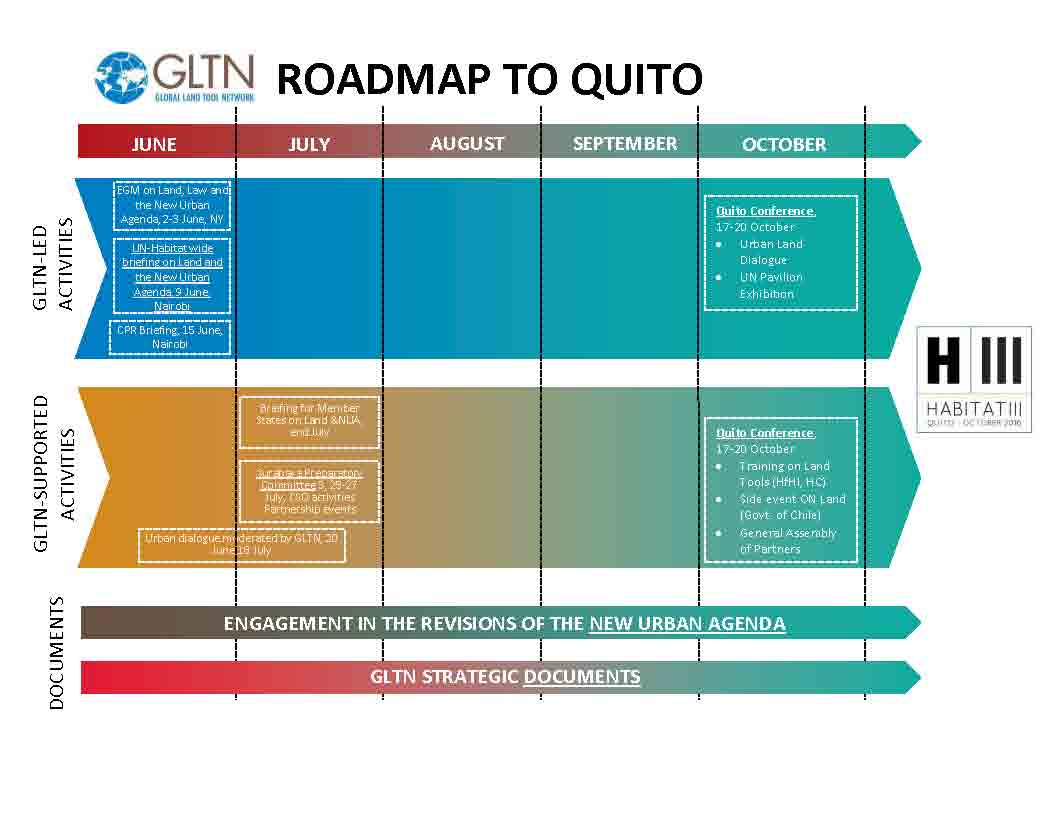The Urban Land Paper Series - Volume 2
The papers in this volume take a city perspective and provide both a critical reflection of and a pragmatic response to what cities are able to do given their current mandate and powers. The first paper begins by considering what the TOD agenda means for the urban poor. It questions whether TOD can adequately address the existing land challenges in South African cities, given the politics of land inequality and the skewed property markets.







